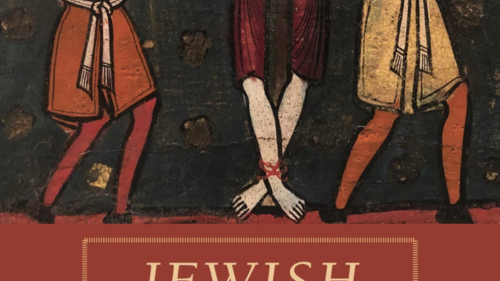Modern ethno-national movements possess a strong cultural component and the Imazighen are no exception as Aïtel, associate professor of French and Francophone studies at Claremont McKenna College, shows in an important contribution. Through her informed and nuanced analyses of cultural production among Algerian Berbers (or Imazighen as many modern-day Berbers throughout North Africa and the Berber diaspora call themselves) in literature, song, and poetry, she argues convincingly that the survival and transformation of modern Berber culture owes a great deal to the interaction and dialogue between the Berbers and the outsider, whether French or Arab-Muslim.
Aïtel’s initial chapters are devoted to the colonial context and “the ghostlike” and “unacknowledged” Berber presence in Algerian literature among the first generation of Berber Francophone writers. She pays special attention to the works of various Kabyle literary luminaries and includes an illuminating chapter about the recently deceased Assia Djebar, perhaps the best known of all Algerian writers, tracing the evolution and hesitant emergence of Djebar’s own Berber identity and her profound ambivalence toward it.
Nearly five years since the start of the Arab upheavals, it is now clear that the notion of secular, Arab nationalism did not provide a sufficient basis for state consolidation within the borders that emerged from the ruins of the Ottoman Empire. Older, more durable forms of collective identity—religious, ethnic, tribal, and geographic—have taken on new forms and importance, not only in the Levant and Mesopotamia, but also in the Maghreb, whose indigenous inhabitants, the Berbers, numbering twenty million, are increasingly relevant to the political and cultural cross-currents of the region.
Berber identity was generally subsumed during the last eighty years by nationalist movements and post-colonial, state-building projects that prioritized the Arabization of public life in the fashioning of modern national identities. However, even as the Berber language steadily receded in usage and Berber communities became increasingly integrated into wider frameworks, Aïtel demonstrates that Berber culture and identity could not be easily jettisoned. Over the last thirty-five years, the “Berber question” has burst onto the political stage, and in recent years, Imazighen identity has achieved an important measure of official recognition in Morocco, some degree of recognition in Algeria, and has surfaced in surprising and important ways in Libya and Mali.
Anyone who seeks to understand the history and culture of modern Algeria, and North Africa more generally, will find Aïtel’s fine study of much value.




